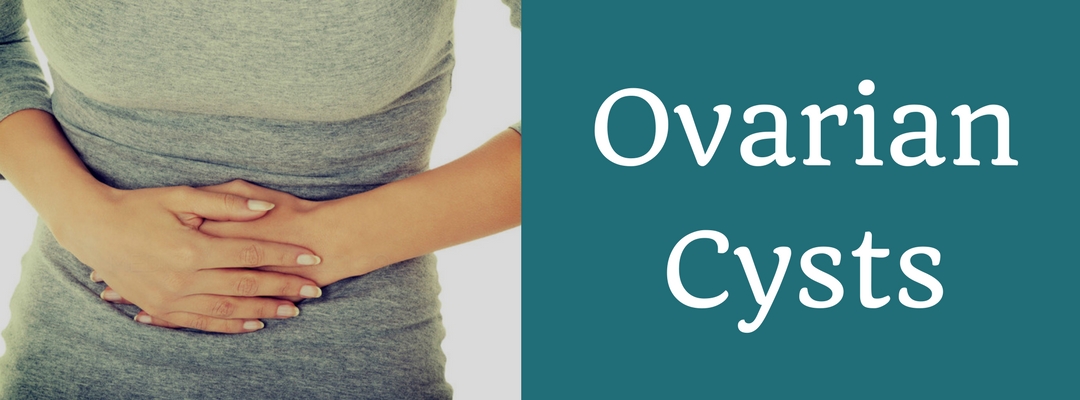Ovarian Cysts and Their Link with Fertility

Ovarian Cysts are very common during the reproductive age of women. Most of these cysts are very small and do not show any symptoms. This is why most of the cysts are thought to be harmless and can disappear on their own. However, there are some kinds of ovarian cysts which can show serious symptoms after being ruptured.
What are ovarian cysts and how can they be linked with female infertility?
Ovarian cysts are fluid-filled sacs which are formed inside or may be on the ovary of females in reproductive age. Most commonly these do not show any symptoms of pain but still in some of the cases they can grow bigger and cause pain.
One of the major concerns associated with ovarian cysts is Female Infertility. A lot of women think that these cysts will reduce their reproductive abilities. Although most of the ovarian cysts are considered to be harmless and do not interfere with fertility, there are some specific types of ovarian cysts which can affect fertility which include:
Endometriomas: Those cysts caused by endometriosis can be linked with infertility issues.
Polycystic Ovaries: Polycystic Ovary Syndrome is a common condition which triggers Infertility in women. This condition is characterized by many small cysts on the ovaries and generally diagnosed by ovarian cysts. It is associated with irregular ovulation and may lead to infertility problem in some women.
Treatment Measures:
There can be different methods of managing ovarian cysts. However, most of the ovarian cysts may not show major symptoms and may not need any treatment. If there is a need for the treatment it will depend on the type and size of the cyst and prior medical history of the patient. The treatment methods can be of following types:
Watchful Observation: As we have already discussed, most of the times it may not cause any harm and only need timely examinations just to check the presence of the cyst as it may go away by itself in few months. This is one of the simplest options in cases when you do not feel any symptoms and a small fluid-filled cyst is shown in the ultrasound. In such a case you can undergo regular ultrasounds to keep an eye on the size of the cyst.
Medication: There is another option where hormonal contraceptives like birth control pills are recommended. Such medication may not shrink an existing cyst but can help to stop the ovarian cysts from recurring.
Surgical Methods: In some specific cases where the cyst has grown to an abnormal size and showing serious symptoms, there may need a surgical removal of the cyst. The surgical method may be Laparoscopy or Laparotomy depending upon the size of the cyst. In rarest of the cases if the cyst is found to be cancerous, it may need a Hysterectomy to remove the ovary and uterus.
Get world class Infertility Treatment at the most affordable prices with high Success Rates. Consult Us now by submitting your queries in the section mentioned below or write us at [email protected]
